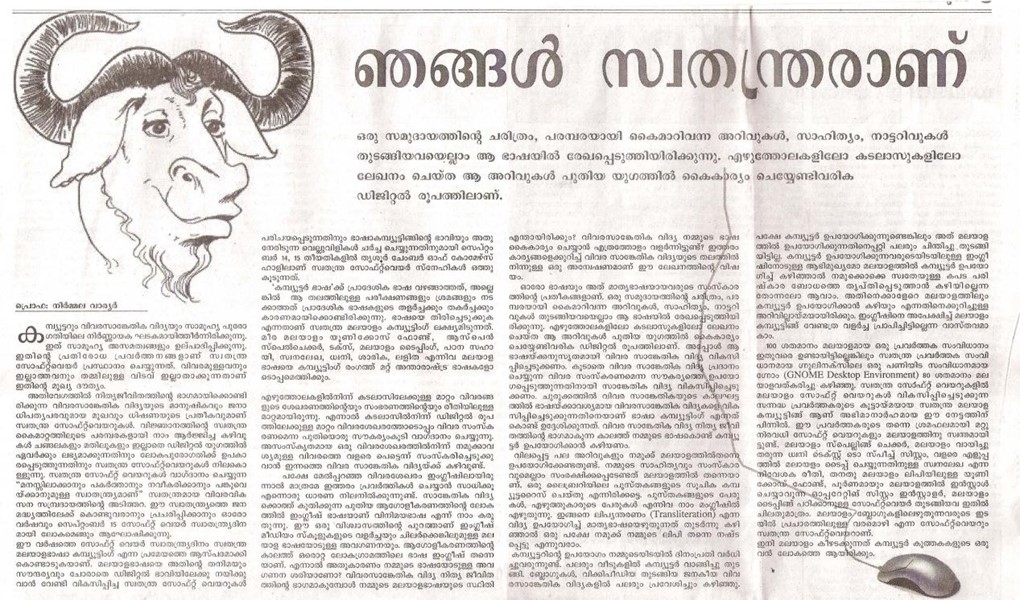
Full disclosure: I’ve written this blog on my behalf. Or in eigener Sache, as I would say in German. Is there a difference between the two expressions? Worlds, I would say, as someone who is preoccupied with language translation most days of the week. In light of the rapid proliferation and evolution of machine-learning translators, here’s to what makes thinking, speaking, and writing with diverse languages invaluably human.
My teacher once told me that I write in nominal style. Basically, I write English in a distinctly German way. It was a seminal lesson for sure and has affected every sentence I’ve written since from conception to revision. How cool is it that I find my own personal expression somewhere in this German-English mix? I’m honestly not sure if this enthusiasm translates well. Maybe I sound like a nerd going on about their hobby horse. (Case in point: I just discovered that the German expression Steckenpferd translates directly to English.)
Apparently, what makes translations tick doesn’t depend on any kind of expertise. We all do language, all the time. It’s possible to learn foreign languages just by imitating them or by diving into linguistic detail. Every act of translation is impressive and productive in its own right. Using language is like walking through a door, leading to different modes of knowledge and consciousness. We can never live someone else’s experience, but something as simple yet meaningful as an idiom offers a glimpse into other ways of thinking. It’s the closest we can get to seeing the world through other peoples’ eyes.
The runner-up for my Bachelor’s studies was Translation. Digital Media won out in the end, but I’ve never wavered in my passion for language. Digital translators are an evident link between the two topics, translators that are evolving as fast as anything driven by machine learning. In popular media, we are often confronted with the more sensational but in this case much less specific and generally more enigmatic term Artificial Intelligence, AI.
Ramifications from the increasing availability of machine learning for tasks, such as translation, are ambiguous. And both, absolute idolization and condemnation, miss out on what’s really at stake. If there’s one lesson I’d love to share, it’s this one: AI is neither human nor inhuman. When it translates, it too creates a world based on its own partially informed worldview. A digital translator can be our imperfect creative partner in writing and translation, but we shouldn’t leave all the imaginative power to it. Every formal linguistic mistake, every chance discovery of a new phrase, embraces another voice found in translation.
3,322 Total Views, 8 Views Today






